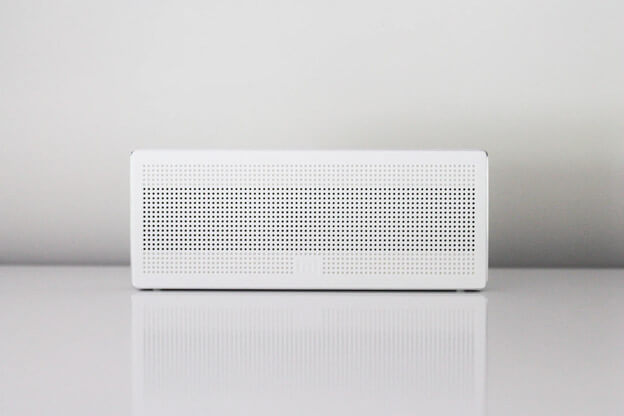Shopping for a new air conditioner can be overwhelming. These units not only have a wide array of specs to peruse, but choosing the wrong type can leave you either overspending or uncomfortable during those summer heatwaves.
One important number to keep in mind when shopping for a new Denver air conditioning unit is the SEER rating. Find out more about what a SEER rating is, why it’s important that you choose a good SEER rating, and where to find the best Denver heating and air assistance.
SEER Rating Explained
SEER is an acronym, though you may see two different phrases for it. Both Seasonal Energy Efficiency Ratio and Rating are correct when referencing SEER. The rating is important because it measures the cooling efficiency of an AC unit. According to the U.S. Energy Information Administration, air conditioning units are one of the highest energy spenders in your home. So, paying attention to the SEER number can help keep energy costs low – if you know what to look for.
You can calculate a SEER rating by dividing the total electric energy output by the cooling capacity ratio. If a unit has a high SEER rating, this indicates that it has higher energy efficiency. Each SEER rating can be ranked from most to least effective in terms of efficiency, as well. The average SEER ratings for any given air conditioning unit include:
- Low-ranking: units with a 13 or 14 SEER are considered the least effective and energy efficient nationwide
- Average: the most average SEER ratings are between 15 and 20
- Above-average: units with SEER above 21 are considered the most energy efficient. Some high-efficiency AC units rank as high as 23
Finding the right SEER rating for your home
Having a unit with a high SEER rating doesn’t always mean that it will perform at maximum capacity, however. Like homes, air conditioning units are all different, and most are not designed with a one-size-fits-all approach. HVAC systems are constantly evolving, however, and new technology updates have shown improvements with energy-efficiency, consistency, and cost.
Before you look into air conditioning replacement, be sure to consider your home’s size, as well as your budget. Although a higher SEER rating may impact the upfront cost of your AC unit, it will eventually save you more on your utility bills.
Other energy-efficient tips
SEER isn’t the only determining factor for energy usage when it comes to air conditioning units. There are many other ways you can limit excess energy usage to cut down on utility bills. You can utilize a free, online energy-usage calculator provided by the U.S. Department of Energy. This not only helps calculate energy costs for your home, but will help you determine which units are the best in terms of SEER ratings per your location.
Regular maintenance and upkeep for your current HVAC unit can also help prevent it from using excess energy each month. Check with your local heating and air conditioning professional on how you can use less power or get a home energy audit.





